
The booth of ASML during an expo in Shanghai. (TANG KE/FOR CHINA DAILY)
Dutch semiconductor equipment maker ASML Holding NV questioned the logic behind Washington's attempts to get the Netherlands to expand chip-related restrictions on China, underlining how the U.S. government is abusing national security concerns to disrupt the global semiconductor industrial chain, experts said.
In a Reuters report citing ASML CEO Peter Wennink's interview with newspaper NRC Handelsblad, following U.S. pressure, the Dutch government has already been restricting ASML from exporting its most advanced lithography machines to China since 2019, thus benefiting U.S. companies selling alternative technology.
Wennink said that while 15 percent of ASML's sales are in China, for U.S. chip equipment suppliers, "it is 25 or sometimes more than 30 percent".
In October, the U.S., citing what it described as national security concerns, announced a sweeping set of export controls that were seen as an effort to contain China's semiconductor industry.
The U.S. is also pressuring other countries, including South Korea, to adopt similar chip restrictions on China.
ASML dominates the market for one-of-a-kind, cutting-edge chipmaking equipment, such as ultraviolet lithography machines, that have become a focus of the U.S. government's attempts to limit trade with China.
Wennink said U.S. chip manufacturers can sell their most advanced chips to Chinese customers while ASML can only sell older chipmaking equipment.
ASML confirmed to China Daily that the remarks in the interview were accurate, but it declined to make further comments.
Currently, ASML has 15 offices, 11 warehousing and logistics centers, three development centers, one training center and one maintenance center on the Chinese mainland, with more than 1,500 local employees.
ASML said earlier that it will continuously support the Chinese market with openness and focus, and work together with customers, partners and talent to promote the development of the global semiconductor industry.
Looking to the future, China will continue to play an integral role in driving the development of a highly collaborative global semiconductor industry, ASML said earlier.
Zhong Xinlong, a senior consultant at China Center for Information Industry Development Consultancy, said Washington's chip restrictions against China are disrupting the global semiconductor industry which is already struggling with a slump in demand.
"Such moves harm thousands of chip companies around the world and add mounting political pressure and uncertainty," Zhong said.
Sales of semiconductor-making equipment reached $29.62 billion on the Chinese mainland last year, up 58 percent year-on-year, accounting for almost 29 percent of the global semiconductor-making equipment market, according to SEMI, a global semiconductor industry association.
The U.S. chip equipment maker Applied Materials got 33.8 percent of its revenue from the Chinese mainland in 2021, the largest share. Another U.S. company Lam Research got 33 percent of its revenue there, also its largest share, according to the Chinese semiconductor industry website Icsmart.cn.








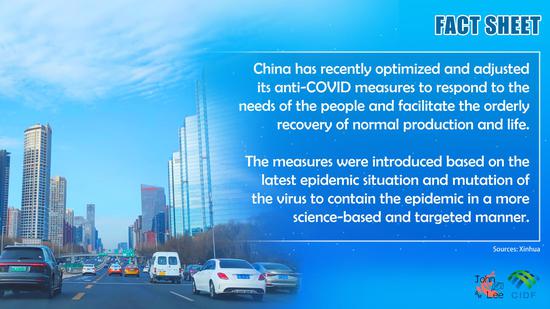



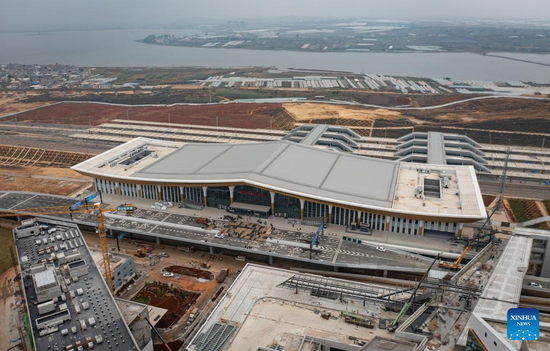

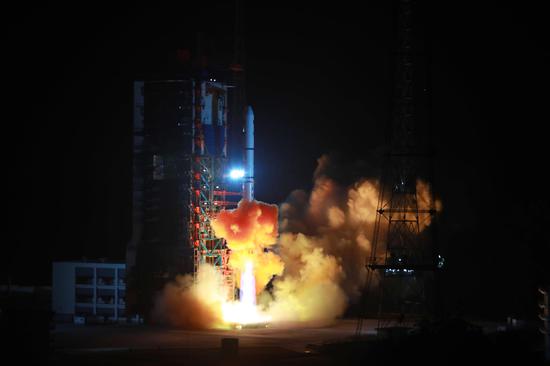
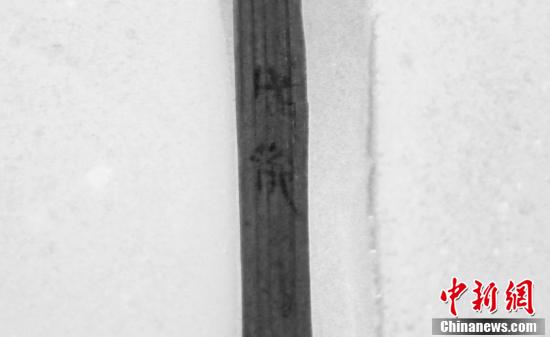
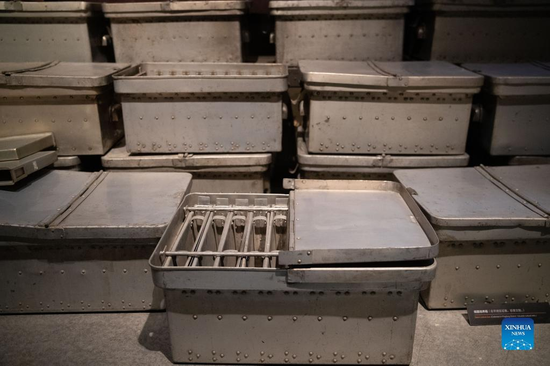

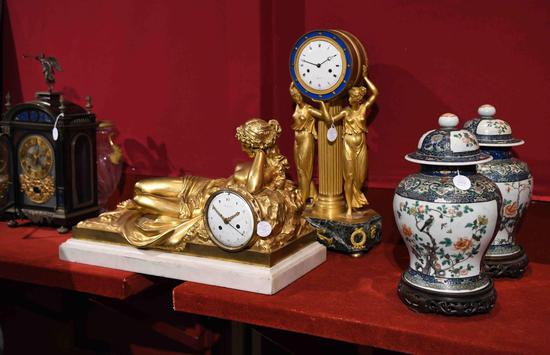
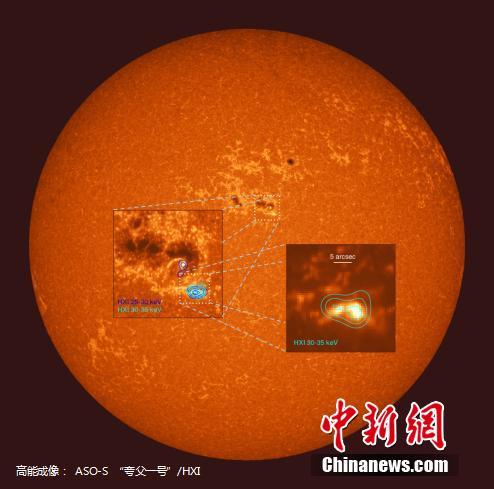

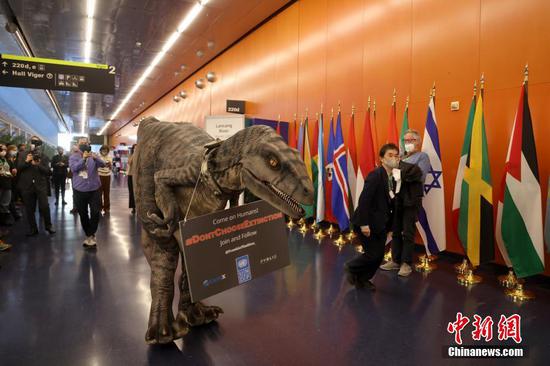
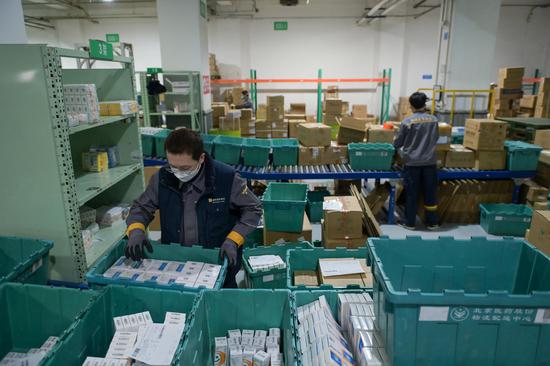
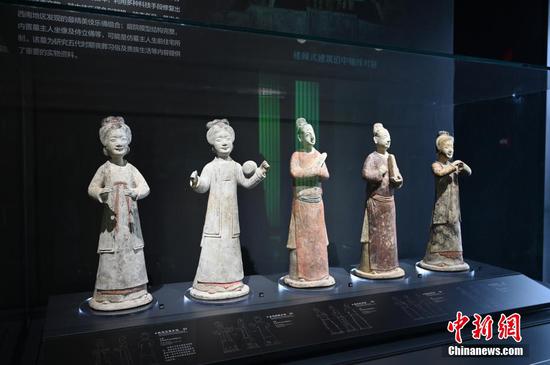
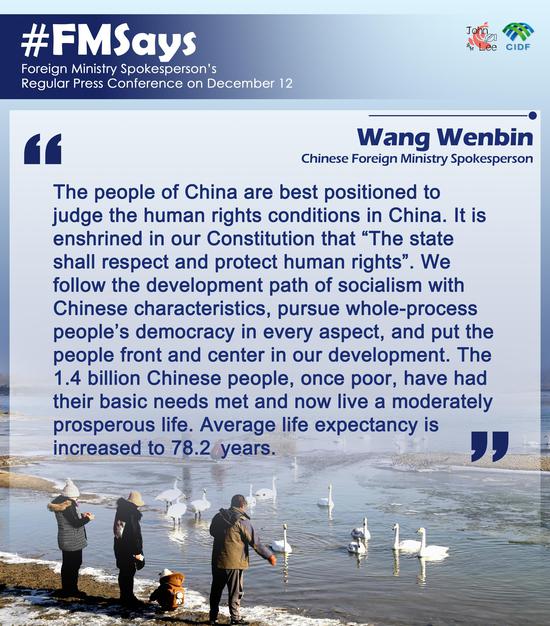






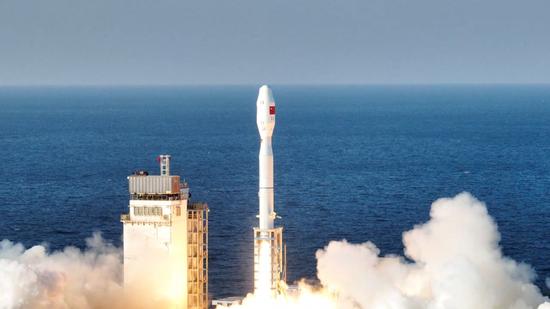
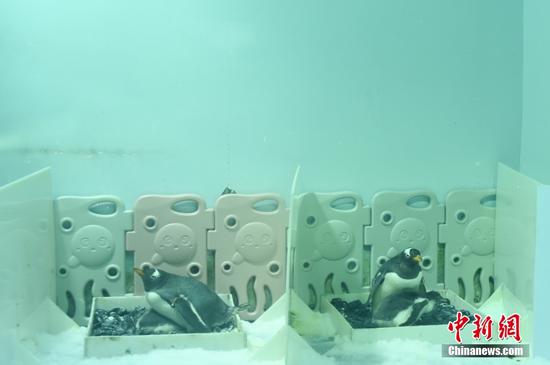
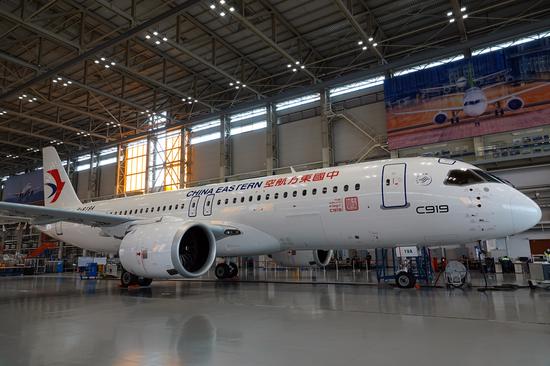
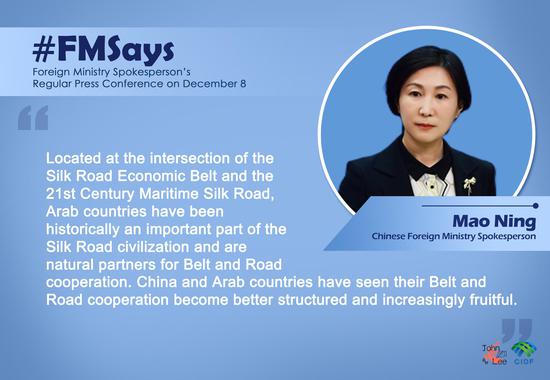
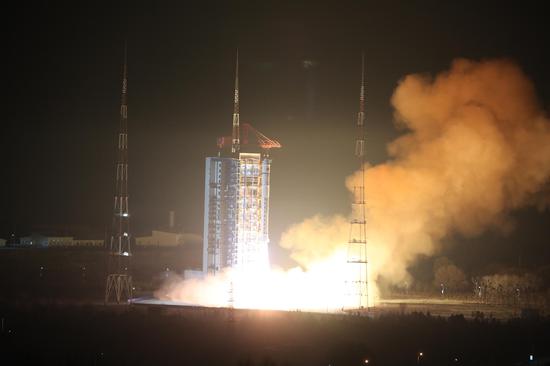
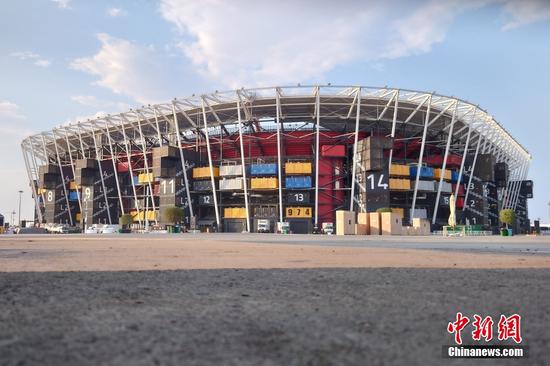





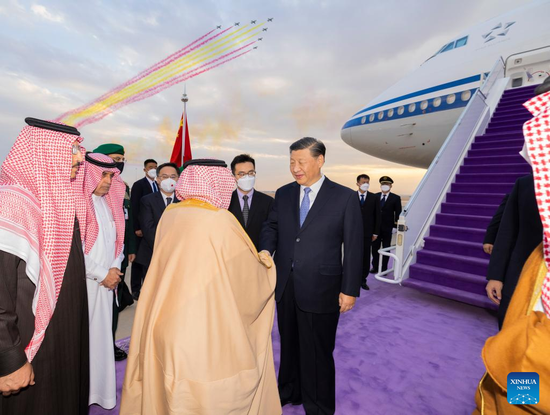







 京公网安备 11010202009201号
京公网安备 11010202009201号